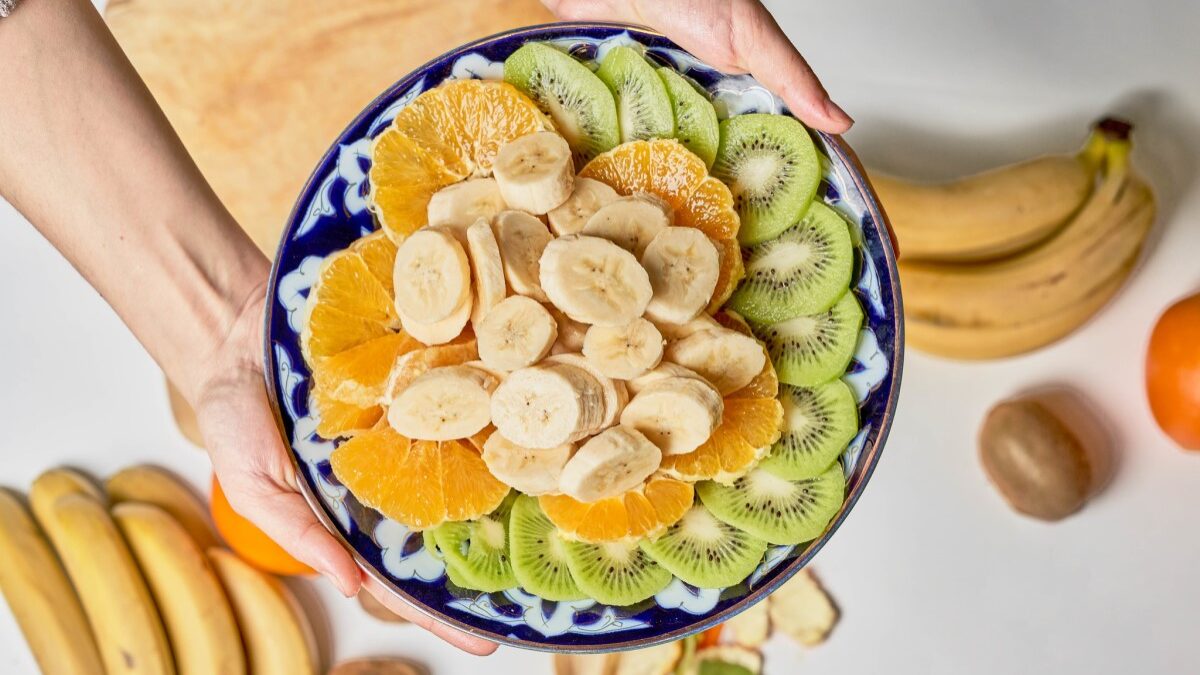
One particular argument for God’s existence is perplexing in its simplicity. I have only been able to understand it after digesting for a (disproportionately) long amount of time. The argument is called “the argument from aesthetic experience” and is usually formulated along these lines:
There is the music of Johann Sebastian Bach.
Therefore there must be a God.
You either see this one or you don’t.
The point, of course, is that Bach’s music is so beautiful and fulfilling it must point to something higher than human intelligence. What would be the point of such pleasing beauty if it vanishes after death? It would be a waste — unless there is a God wherein it can come full circle. In short, then, Bach’s music is just a foretaste of the beatific vision.
The argument from aesthetic experience is easy to laugh off as an unserious argument for the existence of God, especially when there are much more developed and philosophically heavy arguments that are more difficult to refute. But there is a point to the aesthetic argument, which is that beauty points upwards and reflects the divine. It is a mirror, and doesn’t exist just for beauty’s sake.
But if there can be an argument for God’s existence based on aesthetic experience, why can’t there be a corresponding argument based on food?
The Dual Purpose of Food in Religion
Food has always played a role in all three of the world’s largest religions: Judaism (kosher food), Islam (halal food), and Christianity. Christianity in particular often speaks in terms of “the bread of life,” either in reference to Jesus or, for Catholics, the Eucharist. The Old Testament also recounts how the God of Israel (and later of Christianity and Islam) preserved the Jews of the exile with “manna from heaven.”
The heavenly food of the Bible — manna and the Catholic Eucharist — serves as earthly nourishment that provides for eternal life. Kosher and halal foods are different in nature but serve as ways to remain clean in the eyes of God. In all three cases food is there to provide a way to reach the afterlife. For believers food has always meant more than survival. It has served a spiritual purpose, too.
One of the most delicious meals I’ve ever eaten was in Italy. It comprised a tomato stuffed with goat cheese and dressed with balsamic vinaigrette, fiochetti in pear sauce, and a good red wine on the side. Fiochetti is difficult to find in Italy and absolutely impossible to find in the United States. It is essentially Italian-style dumplings stuffed with pears, mascarpone, ricotta, and parmesan cheese, served warm in a sauce of butter, milk, nutmeg, and more parmesan. The result is (in my humble opinion) clearly one of the best dishes ever created.
The fiochetti-based meal I had abroad isn’t everyone’s favorite, but everyone does have a favorite meal. Maybe it’s grandma’s meatloaf, or a 16-ounce steak from Gibsons, or a kale salad, or even just a peanut butter and jelly sandwich on homemade bread (are you hungry yet?). Everyone has a favorite meal that hits a spot that’s otherwise difficult to satisfy.
This is how the argument from food parallels the typical formulation of the aesthetic argument: Bach’s music (or Beethoven’s, Mozart’s, Wagner’s, etc.) hits an “aesthetic spot,” so to speak, that forces us to look beyond ourselves.
Food, Like Music, Is Gratuitously Good
Leonard Bernstein summarized this once by saying that Beethoven’s music “is not only infinitely durable, but perhaps the closest music has ever come to universality… This music succeeds even with those people who organized religion fails because it conveys a spirit of godhead and sublimity in the freest and least doctrinaire way.” Bernstein cuts the cord between beauty and divinity, but otherwise his analysis is correct. Beyond classical music’s highbrow reputation is the truth that he describes.
Food is also universally durable, and like classical music if it is prepared right it, too, is a mirror of something higher. Perhaps then the aesthetic argument can be reformulated to accommodate food:
There is bacon.
Therefore there must be a God.
This argument gets closer to the truth that food, like music, reflects the divine. But, like music, food has many parts that contribute to a meal and take it from “food” to “nourishment.” Music has notes, melodies, tempos, and more that compose a song. Food has ingredients, too. Thus, centering the argument around one ingredient — bacon — does not complete the argument. A better version would be:
There is butter-basted, pan-seared, medium-rare bone-in steak cooked in caramelized shallots and thyme sprigs and served with sautéed Brussels sprouts in balsamic vinaigrette with bacon bits and bleu cheese crumbles. Therefore there must be a God.
Apologies to vegetarians, but the point stands: replace the steak with the best meal of your life and the argument from food takes on more significance. The way the flavors are put together may be a human creation, but the flavors themselves originate elsewhere.
Food is its own aesthetic experience. It may not evoke the same reaction as art or music, but a well-cooked meal evokes a certain reaction that other experiences can’t match. The advantage food has over art is that it is multi-dimensional. Food has texture, temperature, and flavor. Art is beautiful, but it uses one sense (sight or hearing) whereas food uses three (sight, taste, smell). A good painting is pleasing; a good meal is fulfilling.
Food of course can be misused (see: Denny’s). So can music. But the point of the argument from food is that, when it is prepared in a way that allows it to reach its potential, it stops being food and becomes nourishment. That is the key distinction. Thus, if a perfectly cooked Kansas City-style brisket with a side of warm cornbread and slaw isn’t proof that God exists and wants us to be happy, I don’t know what is.









